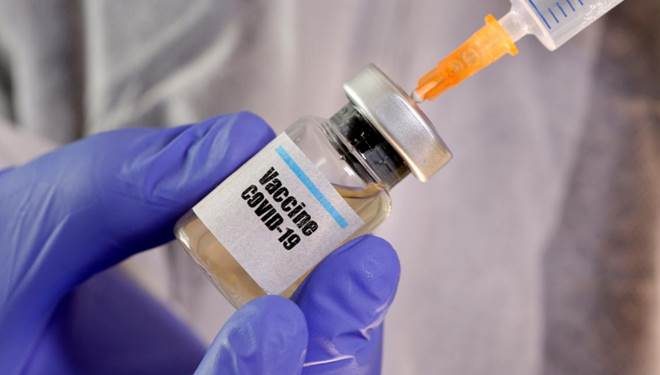London: The World Health Organisation (WHO) has said the planet is nowhere near the amount of coronavirus immunity needed to induce herd immunity. Herd immunity is a stage where enough of the population would have antibodies to stop the spread of coronavirus.
Herd immunity is typically achieved with vaccination and most scientists estimate at least 70 per cent of the population must have antibodies to prevent an outbreak. But some experts have suggested that even if half the population had immunity, there might be a protective effect.
WHO’s emergencies chief Dr Michael Ryan largely dismissed that theory at a press briefing Tuesday. He said we should not live ‘in hope’ of achieving herd immunity.
“As a global population, we are nowhere close to the levels of immunity required to stop this disease transmitting,” Dr Ryan said. “This is not a solution and not a solution we should be looking to,” he added.
Most studies conducted to date have suggested only about 10 per cent to 20 per cent of people have antibodies.
Dr Bruce Aylward, a senior adviser to WHO’s director-general, added that any mass immunisation campaign with a COVID-19 vaccine would aim to cover far more than 50 per cent of the world’s population.
“We don’t want to be wrong,” Alyward said. “You want to plan to get high coverage and not get lulled into a dangerously seductive suggestion that (the herd immunity threshold) could be low,” he added.






































